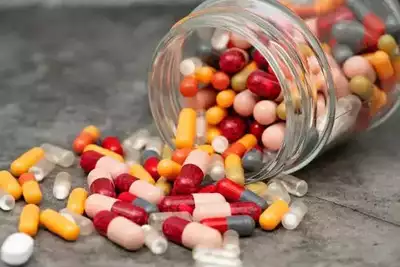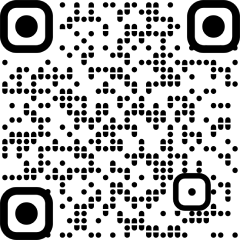
Lagos: A long-running struggle in Nigeria against fake medicines has become even harder because widespread economic hardship is driving up demand, experts say.
The scale of the problem was highlighted in March when authorities set ablaze $645 million worth of counterfeit medicines seized in six weeks of raids in Lagos and two southern states.
“What we have found could ruin a nation,” said the head of the National Agency for Food and Drugs Administration and Control (NAFDAC), Mojisola Adeyeye. “What we have found could destabilise a government.”
Efforts in Nigeria to curb sales of fake and substandard medicines has been going on for decades.
Porous borders and weak regulations have created a situation in which medicines of unknown quality and provenance are sold in open-air street markets and in thousands of unlicenced pharmacies.
For Nigeria and other countries with rampant sales of counterfeit medicines, such products pose significant health risks, the World Health Organization has warned.
Those include being ineffective, harmful if they contain toxic substances and globally problematic if they increase the number of strains of antibiotic-resistant microbes, the WHO said in December.
Nigeria’s battered economy is not helping the fight against such medicines, prompting desperate people to turn to them, said Tanimola Akande, a professor of public health.
“Many Nigerians now find it difficult to buy drugs for their ailments,” Akande, from the University of Ilorin, told AFP.
Economic reforms brought in by President Bola Tinubu since taking office in May 2023 have exacerbated the cost-of-living squeeze they face.
Tinubu ended a fuel subsidy and loosened the exchange rate of the naira, in reforms aimed at reviving the economy and attracting investors.
But with inflation at a three-decade high, the value of the naira has plummeted as the cost of goods has soared, leading to one of Nigeria’s worst economic crises in decades.
– ‘Public health challenge’ –
Estimates are patchy as to the proportion of counterfeit medicines in Nigeria.
Some 25 years ago, around 70 percent of medicines sold in the country were believed to be fake. Today, the amount is thought to be less than that, but no firm figures exist.
“The prevalence has reduced, but is still high enough to be considered a serious public health challenge,” Akande said.
The fact that the NAFDAC raids filled 180 truckloads with “unregistered, banned medicines” and opioids underscored the scale of the problem.
Sayo Akintola, a NAFDAC spokesman, told AFP that officials did not anticipate such amounts being seized.
Compounding the problem in Nigeria is that big pharmaceutical companies have exited the country because of its difficult business environment and persistent inflation, leaving a void in the market.
US giant Pfizer recently shuttered its operations in the country, while British multinational GlaxoSmithKline and French firm Sanofi pulled out of Nigeria in 2023.
Akande said that the departures “worsened the supply of quality and standard drugs” in Nigeria.
Following the exits, prices for some drugs shot up by as much as 1,100 percent, according to the Lagos-based risk consultancy firm SBM Intelligence.
To address rising drug costs, Tinubu signed an executive order in June 2024 to boost local pharmaceutical production. However, the impact has been minimal.
When people cannot afford medicines, “this can lead to complications of diseases and even increased hospital admissions and deaths,” Akande said.
Most of the counterfeit drugs seized in the recent raids were smuggled into Nigeria, with many of them made in India and China, said Akintola, the NAFDAC spokesman.
India — one of the major suppliers globally of generic medicines, but also a source of counterfeit drugs — “is probably one country we’ve been having issues with”, Akintola said.
The spokesman said that importers in Nigeria of falsified and banned drugs sometimes put up violent resistance to government crackdowns.
Two NAFDAC officials escaped lynching during a raid in Onitsha state in 2024.
In 2010, four officers with the agency were abducted by gunmen in Abia state — and one official was murdered in his home in Imo state.
tba/nro/rmb/bc

